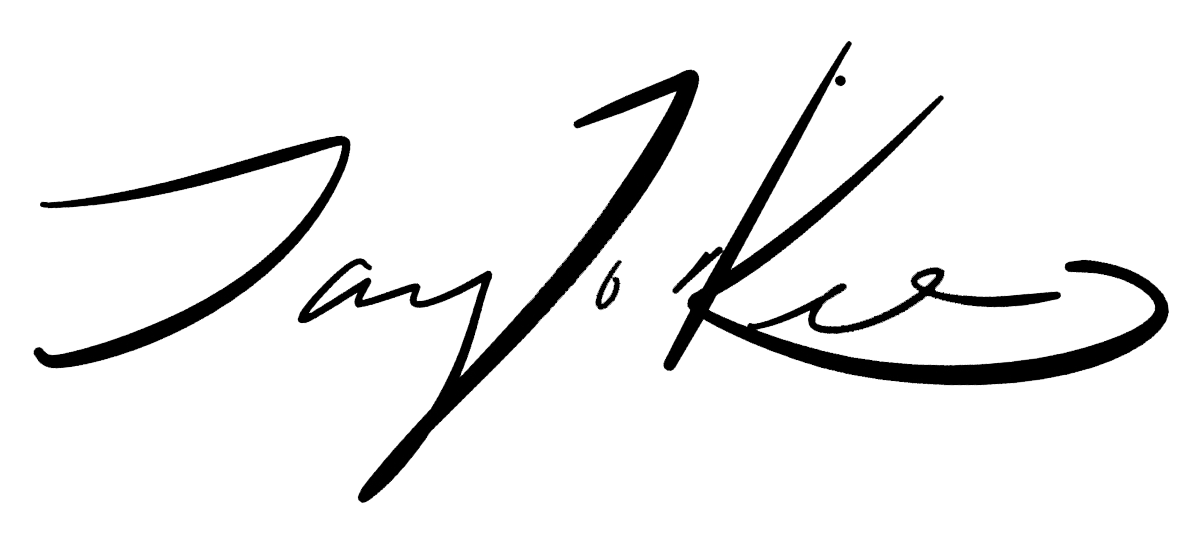Home ownership.
It’s always been part of the Kiwi dream.
You work hard. Save up. Find a little place in the country to call your own.
Sure it probably takes several years to save up enough for a down payment, but it’s worth it. And in the end, you’ll own your own patch of grass and the equity that comes with it.
Frankly, up until recently, that was a pretty smart investment.
House prices were growing at a healthy rate, giving buyers confidence that their investments would give them a solid return whenever they decided to sell.
Well, I hate to break it to you, but those days are over.
100% Pure Insanity
In the past decade (or less), house prices have skyrocketed to astronomical levels.
According to QV.co.nz, in the past four years alone, average house prices across all of New Zealand have risen
40.3% in four years.
100% pure insanity.
Just to drive that point home, let’s say you bought a house in Wellington in 2014 for $451,000.
Today, it would be worth $633,000.
That’s $182,000 in “profit” in just four years.
And that’s just an average.
If you were particularly smart lucky, you could have purchased a house near Mt. Cook in Mackenzie District for an average price of $280,000 in 2014.
Today, that house would be worth over $516,000. A price gain of 84%.
Now I may not be the brightest knife in the drawer, but I know enough of basic economics to see that those sorts of price increases are not indicative of healthy, normal growth.
Rather, it’s mania. Inflated, abnormal mania.
And for home owners and potential buyers, seeing numbers like that should be setting off sirens and red flashing lights.
Who can you blame?
Well, if you bought a house in the past couple of decades, you can partially blame yourself.
Prices are whatever people are willing to pay… and if you were willing to pay the inflated price of the home, then you helped move the price bar just a bit higher.
But I get it. You need a place to live and renting isn’t much cheaper.
And if you’re going to get robbed, you might as well get a little bit of equity back.
The lesser of two evils, right?
The lion’s share of the blame falls on the Reserve Bank of New Zealand (RBNZ).
Since the Great Financial Crisis in ’08, interest rates have skipped along the ocean floor at around 3%.
That’s what we call “easy money”. It’s a monetary policy designed to encourage people to spend money by making it cheaper to borrow.
Well, you’re seeing the results of that now. Heaps of people have taken out mortgages at record-low rates in order to buy homes they couldn’t otherwise afford.
More people buying houses means prices rise.
And instead of pulling the plug, the RBNZ has seemingly opened the faucet by driving the official cash rate down to the unheard-of level of 1.75%.
That’s the economic equivalent of a going-out-of-business sale. Everything 90% off!
[openx slug=inpost]
Negative Equity
The thing is, New Zealand isn’t going out of business.
In fact, based on basic indicators like GDP growth, unemployment, and inflation, the economy isn’t looking too shabby (minus the massive time-bomb in property of course).
So why is the RBNZ still adding fuel to the flame?
Honestly, I don’t know.
Blowing more air into a bubble is just going to make it pop sooner.
And when that bubble pops, a lot of Kiwis will live in the nightmare of what’s called “negative equity” – owing more on a house than what it’s worth.
And if the bubble corrects to the tune of 40% or more, recent homebuyers will be under water by hundreds of thousands of dollars.
And that burden will likely stick with them for the rest of their lives.
You Can’t Blame the Chinese
I’d be remiss not to mention foreign property investors.
They come to New Zealand to buy houses not to live in, but instead as investment vessels.
Many of these investors are Chinese.
According to the NZ Herald, nearly 60% of foreign house buyers in Auckland were Chinese.
Yes, that’s definitely adding to the price increases… but this sort of activity only represents less than 5% of all house sales in New Zealand this year.
Surprising… and concerning.
Proposed changes in legislation in New Zealand called the Overseas Investment Act might make it harder for foreign investors to buy up houses.
At the same time, in China, new rules governing investments like this will also make it more difficult.
If this trend causes the market to stagnate or reverse direction, some Kiwi homeowners might also choose to sell.
And that’s how a bubble starts to pop.
You see, we’re on the brink of puncturing one of the most legendary bubbles in New Zealand’s history and it could affect millions of Kiwis.
And it won’t be negligible; it’s going to be one for the history books.
Best,

Taylor Kee
Editor, Money Morning New Zealand





Taylor Kee is the lead Editor at Money Morning NZ. With a background in the financial publishing industry, Taylor knows how simple, yet difficult investing can be. He has worked with a range of assets classes, and with some of the world’s most thought-provoking financial writers, including Bill Bonner, Dan Denning, Doug Casey, and more. But he’s found his niche in macroeconomics and the excitement of technology investments. And Taylor is looking forward to the opportunity to share his thoughts on where New Zealand’s economy is going next and the opportunities it presents. Taylor shares these ideas with Money Morning NZ readers each day.